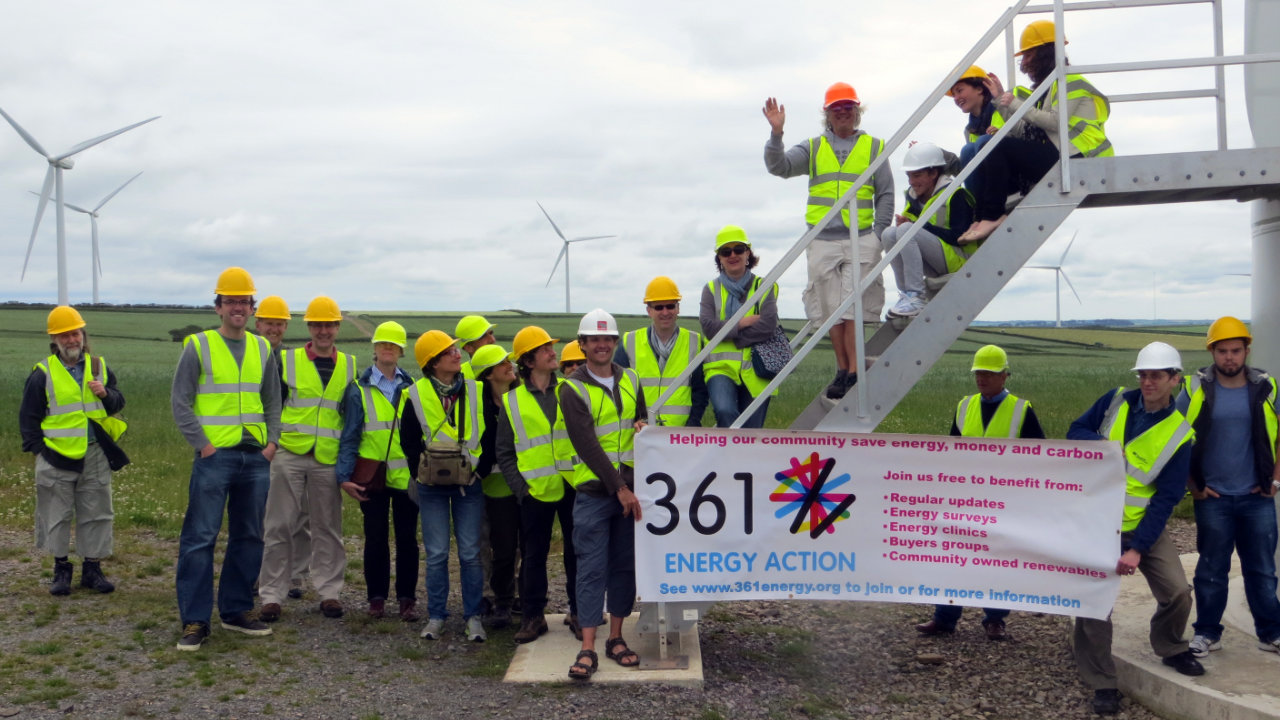Commons myths about onshore renewable energy

There can be a lot of lack of understanding and misinformation about onshore renewable energy.
Recently, Regen, based in Exeter and the All-Party Parliamentary Group for Renewable and Sustainable Energy produced a report called ‘Onshore renewable energy: common myths. We are going to summarise some of the points from the report below:
Renewable energy projects are unpopular with many people
Most people in the UK support renewable energy, even in their local area. According to UK Government data in Spring 2024, 84% of the UK public said they supported using renewable energy to provide electricity, fuel and heat.
Renewables are more expensive that fossil fuels
Dependence on gas puts us at risk of price shocks. The recent energy crisis was due to increases in the wholesale price of gas following the start of the war in Ukraine. The cost of wind ans solar power has dropped dramatically over the past decade, making them the cheapest source of electricity generation in most countries.
Solar panels permanently turn the land into brownfield land
Solar farms are temporary structures and land returns to it original use afterwards. In the UK, most solar farms have temporary planning permission, typically for 30 years, with legal conditions ensuring that the developer returns the leand to its original use.
Solar farms are bad for biodiversity
Solar farms can benefit biodiversity and wildlife by improving the range of plants within the fileds. This can play a key role in supporting pollinators such as bees by providing opportunities to create different habitats.
No farm activities can occur on solar farms
Animals, most commonly sheep, can graze around solar farms. This is good for the welfare of the sheep, potentially providing shelter, and it can also help manage vegetation growth, preventing shading of the solar panels.
Solar energy only works in the summer
Solar panels generate more electriicty in spring and summer, but it does produce power all year round. For example at one point in February 2022, solar generated more than 20% of the UK’s electricity.
The public opposes onshore wind
A recent UK Government poll in 2024 shoed that 77% of the UK supports onshore wind, with only 13% saying they would be unhappy with a wind farm in their local area.
Wind energy is too expensive
Onshore wind is now far cheaper than generating electricity from fossil fuels. According to International Renewable Energy Agency report in 2022 on energy costs, electricity from onshore wind is 52% cheaper than the cheapest new fossil-fuel powered generation option.
Wind energy projects do not provide benefits to the local community
Wind energy projects can create significant benefits for local communities. For example Fullabrook wind farm has a community benefit fund which provided an initial £1m to the local community followed by £100,000 per year for 25 years. A community owned solar farm or wind turbine would also provide a community benefit fund, but on a smaller scale. We would aim for this to focus on supporting local people in fuel poverty.
